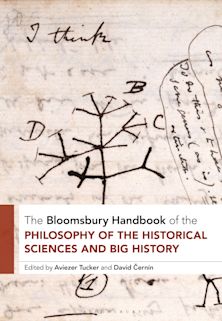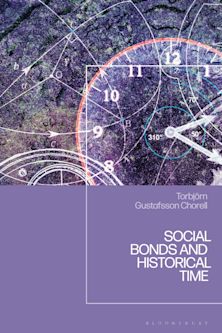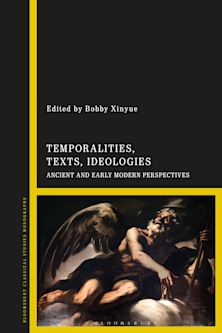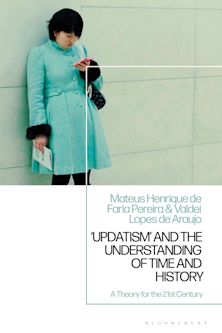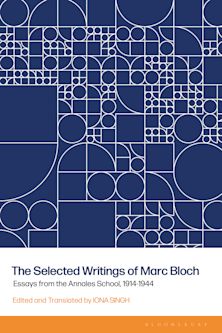- Home
- ACADEMIC
- History
- Historiography
- Environmental Narratives in the Huainanzi and the Anthropocene
Environmental Narratives in the Huainanzi and the Anthropocene
Environmental Narratives in the Huainanzi and the Anthropocene
You must sign in to add this item to your wishlist. Please sign in or create an account
Description
Environmental Narratives in the Huainanzi and the Anthropocene analyzes the contemporary discourse of the Anthropocene using the Huainanzi ???, an eastern Eurasian text from the second century BCE. Written to preserve and strengthen the Han Empire (202 BCE–220 CE), the Huainanzi describes a mode of rulership premised on periodizing the present as the end of history that domesticates humans and non-humans. Matthew James Hamm provides a contextualized reading of the Huainanzi’s argument and uses it as a theoretical lens to read Anthropocene scholarship in the sciences, social sciences, and humanities. Hamm argues that—irrespective of the name or historical narrative used to describe it—the idea of the Anthropocene as a new epoch not only lacks empirical evidence, but also empowers the existing periodization of modernity to provide ideological support for environmentally destructive neoliberal structures rooted in Western European imperial orders. By doing so, the Anthropocene framework actively inhibits the transformative social change needed to address global environmental crises such as climate change and mass extinction. Consequently, this book rejects periodization as a conceptual framework for addressing those issues and advocates for greater scholarly engagement with environmental theories outside the European and Anglo-American traditions, such as the Huainanzi.
Table of Contents
Chapter 1: A Patterned World
Chapter 2: Writing Sagely History
Chapter 3: Worlds That Never Were
Chapter 4: The Planet of History
Chapter 5: Naturalizing a New Age
Conclusion
Product details
| Published | 06 Aug 2024 |
|---|---|
| Format | Ebook (Epub & Mobi) |
| Edition | 1st |
| Extent | 236 |
| ISBN | 9781666914368 |
| Imprint | Lexington Books |
| Publisher | Bloomsbury Publishing |
About the contributors
Reviews
-
Exploring parallels in early Chinese history, this study attempts to show how modern rhetoric concerning the ‘Anthropocene' serves to reify existing social strategies and power structures, preventing us from formulating creative responses to existential ecological challenges. It also argues that a more holistic, early Chinese conception of human beings and nature world might be a valuable resource for helping us to rethink our relationship to both our planet and our own history. This is an important and timely book.
Edward Slingerland, Professor of Philosophy, University of British Columbia
-
Environmental Narratives in the Huainanzi and the Anthropocene is a thought-provoking work of intellectual history and comparative thought. Hamm shows that disputants in the Anthropocene debates are, in fact, locked into a conservative mind-set that neuters the erstwhile radical implications of the geoscience. Ancient Chinese thought allows him to draw contemporary lessons for how to unlock the present debate about Earth’s future.
Noel Castree, University of Manchester (England) and University of Technology Sydney (Australia)
-
The overall conception of Environmental Narratives in the Huainanzi and the Anthropocene—using a close reading of the Huainanzi to criticize the periodization of the Anthropocene—is wonderful! This unexpected pairing yields significant insights. By scrutinizing the Anthropocene through the prism of a Chinese classic that dates back over two millennia, the study shows how periodization itself can preserve existing power structures, all while seeming to advocate for transformative change. Scholars and activists who have promoted the Anthropocene as a way of focusing the climate crisis may want to reconsider in the face of Hamm's thought-provoking challenge.
Jason Ananda Josephson Storm, Williams College

ONLINE RESOURCES
Bloomsbury Collections
This book is available on Bloomsbury Collections where your library has access.


















